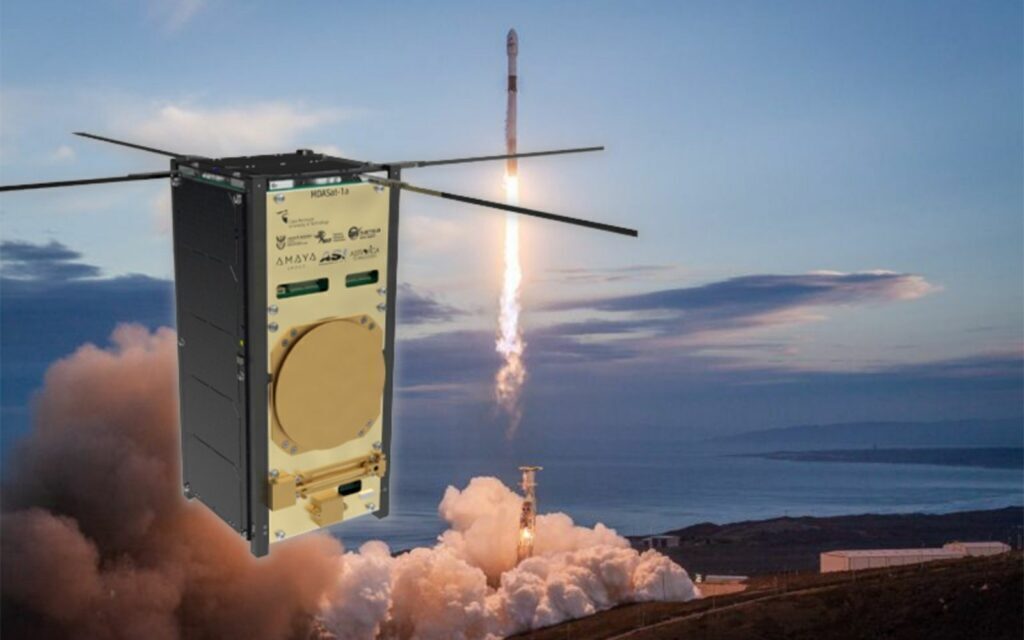We cover a lot of space news here on Stuff but it’s very rare that there’s a South African connection. Obviously, that’s not the case this time around. The South African government, in the shape of Higher Education, Science and Innovation Minister Dr Blade Nzimande, has announced the launch of several satellites today.
Specifically, SA is launching the first three of a nine-constellation array known as the Maritime Domain Awareness Satellite (MDASat) constellation. And that launch, weather permitting takes place later today.
South African outsourcing
We’re not launching the three cubesats ourselves though. Oh, good grief no. If SA had a functional launchpad, we’d be camped outside there with a camera right now. No, South Africa has invested R27 million in developing the satellite hardware here at home. We’re just paying Elon Musk’s company to take them to space. There’s no indication how much that’s costing us, but it’s probably worth the spend.
The Maritime Domain Awareness Satellite constellation will keep an eye on shipping on South Africa’s coasts. It’ll use Automatic Identification System (AIS) information to track movements off the coast. This tracking data will be sent to the Cape Peninsula University of Technology (the folks who developed the satellites) and will be used to help prevent collisions at sea. It’ll also help the country keep watch on just who is entering South African waters with an eye on scooping up… well, fish. And things.
“The MDASat-1 launch will be a significant milestone for South Africa, marking the first launch of a satellite constellation developed entirely on the African continent. This will further cement South Africa’s position as an African leader in small satellite development. Furthermore, it will help the country capture a valuable share of a niche market in the fast-growing global satellite value chain,” said Nzimande.
As usual, SpaceX will stream the Transporter-3 mission as it kicks off this evening. The stream itself starts from 17:15 South African time, and takeoff is expected shortly afterwards.
Source: Africa in Space




